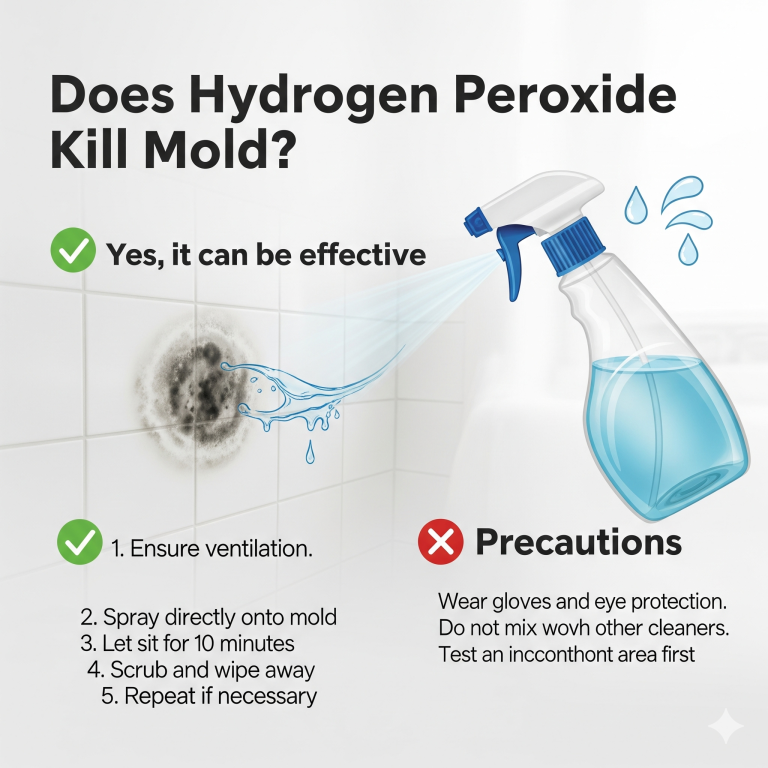
term life insurance
Table of Contents
Term Life Insurance: A Simple Guide:
Term life insurance is one of the most straightforward types of life insurance policies available. It provides financial protection for a specific period or “term,” such as 10, 20, or 30 years. Unlike other life insurance policies, term life insurance does not have a cash value component; its sole purpose is to pay out a death benefit to beneficiaries if the insured person dies during the period of the policy.
How does this Insurance Work?
Liability Insurance, When you purchase a term life insurance policy, you agree to pay a fixed premium for the length of the policy. If the insured individual dies within the policy’s term, the insurance company pays a lump sum death benefit to the designated beneficiaries. However, if the insured survives beyond the policy term, the coverage expires, and no benefit is paid out.
Types of Term Life Insurance:
Decreasing Term
The death benefit decreases over the life of the policy, but premiums typically remain the same. This sort of insurance is typically made to use to cover a loan or loan, where the unresolved balance is reduced over the period.
Convertible Term
This allows the policyholder to convert a term policy into a permanent life insurance policy without undergoing a medical examination.
Renewable Term
Provides the option to renew the policy for another term without a new medical exam, though premiums typically increase with age.
Benefits of this Insurance:
Affordability
These insurance premiums are generally lower than those of whole life insurance, making it an affordable choice for individuals seeking coverage for a specific period.
Simplicity
The policy’s structure is easy to understand—if the insured passes away during the term, the beneficiaries receive the death benefit.
Flexibility
Policyholders can choose the length of the term, allowing them to match coverage with their financial obligations, such as paying off a mortgage or funding a child’s education.
Limitations of Term Life Insurance:
Temporary Coverage
This insurance delivers coverage only for a fixed duration. Once the term expires, there’s no payout unless the policy is renewed or converted.
No Cash Value
Unlike whole life insurance, term life policies do not build up any cash value. Once the term ends, you do not receive any money back.
Who Should Consider Term Life Insurance?
This insurance is ideal for individuals looking for temporary coverage at an affordable price. It’s commonly chosen by young families, individuals with large debts, or those who want life insurance coverage during their working years. The flexibility to choose the term length makes it easy to align the policy with key life milestones, such as paying off debts or funding a child’s education.
Comparing Term Life Insurance with Whole Life Insurance
While this insurance provides coverage for a specific period, whole life insurance offers lifetime protection. Whole life insurance also has an investment component, allowing the policy to accumulate cash value over time. This cash value can be borrowed against or withdrawn by the policyholder during their lifetime, providing a form of savings.
For individuals who only need coverage for a temporary period, such as during their working years or until a mortgage is paid off, this insurance remains a more cost-effective choice.
Conclusion:
Term life insurance is an applied and inexpensive way to confirm that your loved ones are monetarily shielded on the occasion of your death during a certain period. With its lower premiums, flexibility in term lengths, and straightforward death benefit, it serves as a valuable tool in financial planning for those with temporary insurance needs.
By understanding how term life insurance works, the different types available, and its benefits and limitations, you can make an informed decision about whether it’s the right choice for you.






